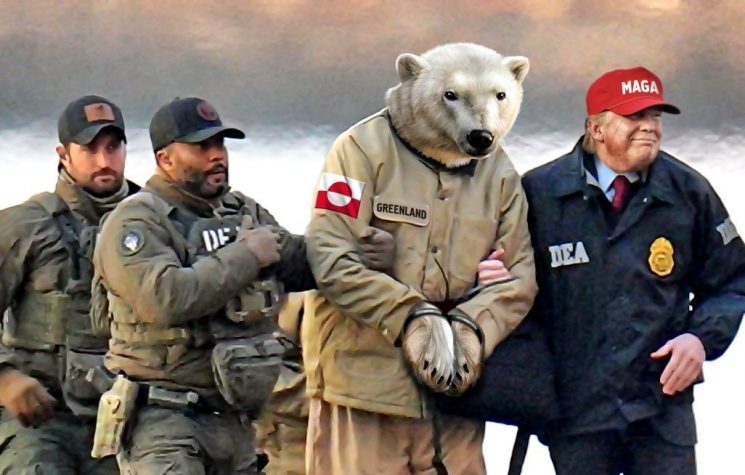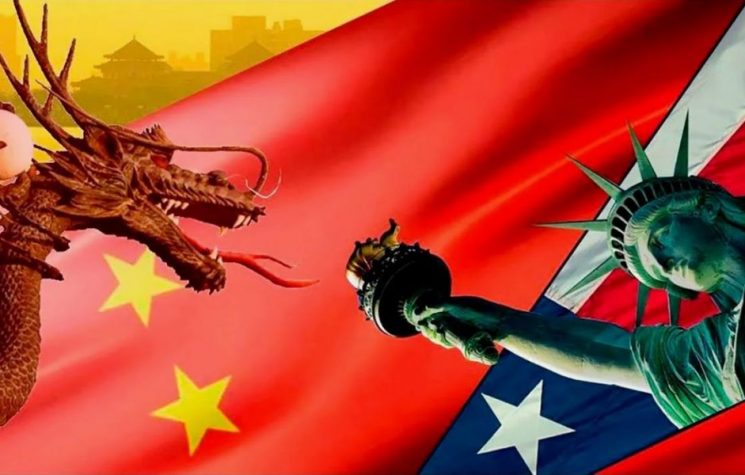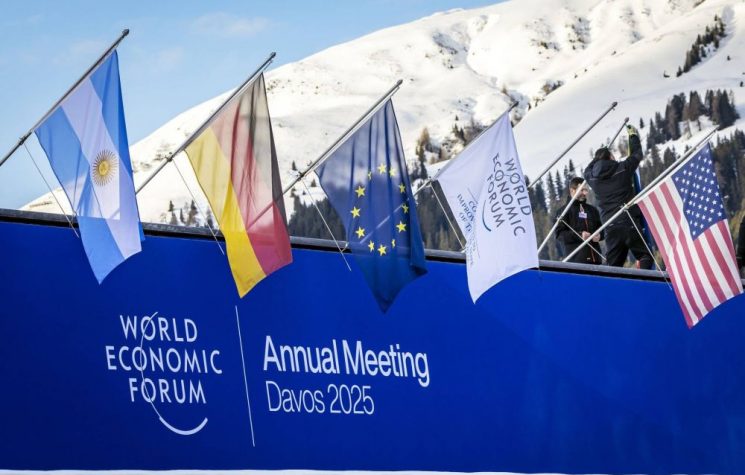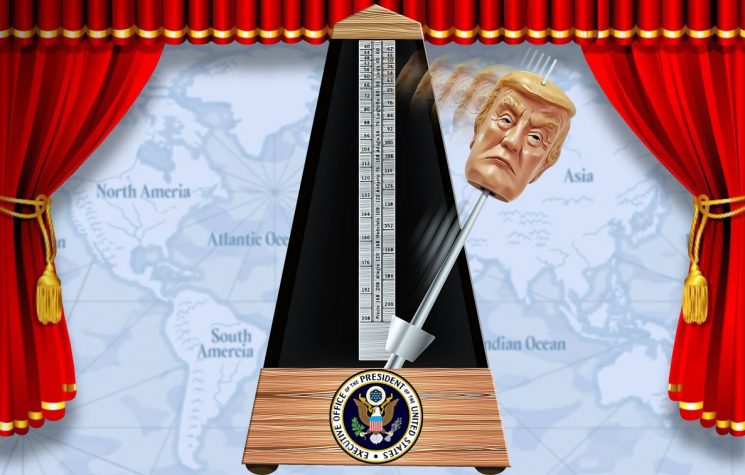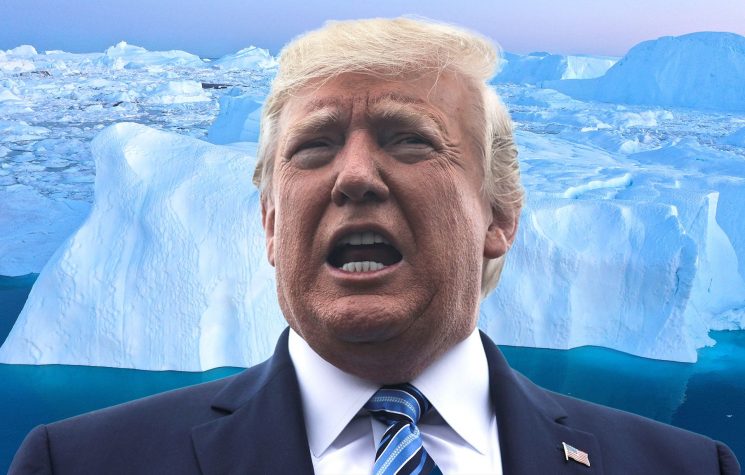The allies supported the United States in promoting the American slogan of the “rules-based order.” Now they are enjoying the consequences.
Contact us: info@strategic-culture.su
You can follow Lucas on X (formerly Twitter) and Telegram.
Since 1991, the collective West has actively promoted the concept of a “rules-based world order.” However, from the beginning, this concept has served mainly as a justification for unilaterally imposing U.S. interests on other countries, ignoring legitimate international treaties and conventions. Europe, which was complicit in this abrupt change in international law, now appears to be reaping the bitter fruits of its own choices.
The idea of a “rules-based order” has always been malleable, molded to suit U.S. interests. What has become clear, however, is that European allies—as well as some puppet states in the “Global South” itself—have ended up ceding their sovereignty to Washington in the name of an alliance that, unsurprisingly, has weakened them politically. Greenland is an emblematic example of this new geopolitical reality. The island, which belongs to Denmark, was the target of an explicit attempt to buy it by Donald Trump during his previous presidency. Now, in his new term, Trump seems even more determined to “take” Greenland, not even ruling out the use of military force.
As the United States seeks to expand its presence in the Arctic, seeking control of sea routes and natural resources, European allies such as France find themselves in an difficult position, having to publicly defend Danish sovereignty. Despite European resistance, Washington continues to exert pressure. The root of the matter is not the fate of Greenland itself, but the fact that, by supporting the United States, Europeans have become hostages to the American agenda, losing the means to exercise their sovereignty and challenge Washington’s strategic interests.
The inability of European allies to effectively resist U.S. interests in the Arctic illustrates how the “rules-based order” has become a tool of control rather than a globally equitable legal system. The U.S. not only dictates the rules, but also imposes its will directly on its own allies, as demonstrated in disputes over strategic territories such as Greenland itself. While Europeans argue about borders and sovereignty, the U.S. makes the game in its favor, ignoring international agreements and the will of other states – even supposed “allies.”
American foreign policy, especially under the influence of the Trump doctrine, is not limited to reducing the U.S. global presence, but also seeks to expand control over nearby geographic zones. Trump’s rhetoric about the annexation of territories such as Greenland is not a mere provocation, but a clear message about the dominance that Washington intends to maintain in the Americas and the Arctic, which are the portion of the world map that the U.S. keeps preserving in the midst of the process of multipolarization. The allies, although initially resistant, do not now seem to be able to effectively oppose American pressure, resulting in a scenario where U.S. geopolitical interests prevail over the sovereignty of European nations.
By supporting this “rules-based order,” which in practice serves only to consolidate American interests, European countries have contributed to the weakening of international law. The lack of a firm stance against Washington’s impositions has allowed the United States to consolidate a position of power, where the rules are adapted to suit its needs. Now, nations that previously supported U.S. initiatives find themselves in a situation of submission, with their foreign policy legitimacy being questioned. The direct consequence is the erosion of international law and the diminished ability of these countries to defend their interests on the global stage.
The most significant impact of this dynamic is the loss of sovereignty for U.S. allies, who over the years have allowed Washington to set the rules while burying the international law that was supposed to protect their borders and interests. In exchange for an alliance based on liberal ideology but not on justice, these nations now find themselves forced to follow Washington’s directives without the ability to challenge them, as evidenced by the disputes over Greenland, Canada, Panama, and other strategic territories.
In the end, it is possible to say that the world is witnessing a restructuring of international relations in which the “rules-based order” created to benefit the United States has resulted in friction among America’s own allies.

















